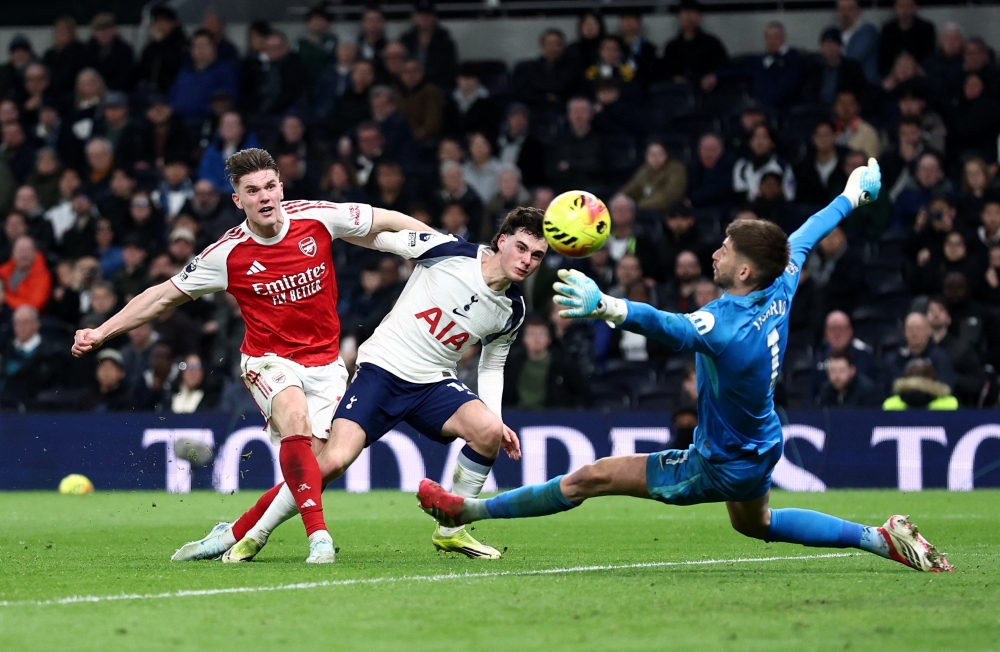Starmer is least popular PM on record, poll finds
Only 13 per cent of voters are satisfied with Prime Minister, the fewest of any leader since 1970s

Sir Keir Starmer is the least popular prime minister on record, a poll has shown.
Rachel Reeves is now also the least popular chancellor since records began, it found.
The finding will be a blow to Sir Keir on the eve of the Labour Party conference in Liverpool on Sunday.
He will be aiming to convince his party that he is the right man to lead them into the next general election in the face of a potential challenge from Andy Burnham, the Mayor of Greater Manchester.
The Ipsos poll gives Reform UK a 12-point lead over Labour in Westminster voting intention, with Nigel Farage’s party on 34 per cent and Labour down three points on the same time last month to 22 per cent.
It is the lowest score Ipsos has recorded for Labour since 2009, the year before Gordon Brown led the party to defeat and a 14-year absence from power.
Mr Farage has also established a clear lead over Sir Keir when voters are asked who would make the most capable prime minister.
The survey of more than 1,100 adults was carried out in the week to Sept 17, after the resignations of Angela Rayner and Lord Mandelson, but before Mr Burnham had gone public with his claim that MPs are urging him to challenge for the Labour leadership.
Support for Mr Burnham may mean that Sir Keir’s popularity has fallen even further since then.
Respected pollsters Ipsos began gauging the popularity of prime ministers in 1977, when James Callaghan was the incumbent.
By subtracting the percentage of people who are dissatisfied with a prime minister from the number who are satisfied, it finds a net satisfaction rating.
Until now the worst ratings for a prime minister had been Rishi Sunak in April 2024 and Sir John Major in August 1994, both of whom had a net rating of minus 59.
With just 13 per cent of people satisfied with Sir Keir and 79 per cent dissatisfied, the Prime Minister has a net satisfaction rating of minus 66.
The news is equally bad for Ms Reeves. Her net satisfaction of minus 56 is three points worse than Kwasi Kwarteng when he was accused by Labour of crashing the economy, and four points worse than Lord Lamont in March 1993, when he introduced a tax-raising budget six months after Black Wednesday.
Net satisfaction with the Government is running at minus 70.
When it comes to the question of who would make the most capable prime minister, 25 per cent say Mr Farage, 19 per cent Sir Keir, 9 per cent Tory leader Kemi Badenoch and 31 per cent express no preference.
Only 63 per cent of Labour voters pick Sir Keir as the best Prime Minister, with 5 per cent of Labour voters saying they would prefer Mr Farage.
Only around half of Labour’s 2024 voters say they still intend to back the party, with the other half splitting among Reform UK, the Lib Dems and the Greens.
The news is even worse for the Tories. Just 14 per cent of those polled said they intend to vote Conservative at the next election, the lowest number since Ipsos began asking the question in 1976.
Mrs Badenoch has an approval rating of minus 47 and just 44 per cent of Conservative voters think she would make the best prime minister, with 11 per cent of them preferring Mr Farage.
Gideon Skinner, senior director of UK politics at Ipsos, said: “Keir Starmer’s personal satisfaction rating shows the scale of the task facing him amid growing talk of a leadership challenge.
“Labour’s share of the vote is the lowest we have recorded since 2009 and has dipped three points since June, following a difficult start to the autumn in which he lost his deputy prime minister and his ambassador to the US.
“But Labour’s issues are deeper than changes in personnel – they are losing votes to both Left and Right, with the public still pessimistic about the state of the economy, immigration and public services, despite his planned relaunch to put a renewed focus on delivery.
“Reform’s 12-point lead confirms the party’s strong performance this year, helped by ongoing public concern over immigration but also wider discontent over the state of the nation, allowing Reform to take on the mantle of change.
“There is no sign of a revival for the Conservatives, who still bump along at the lowest vote share we have ever recorded for the party, raising further questions about Kemi Badenoch’s ability to cut through”.
Last October, the collapse in Sir Keir Starmer’s approval rating marked the worst decline for an elected prime minister in more than 40 years, figures showed.
It follows a separate poll by YouGov which predicted that Reform UK would win 311 seats in a general election, just short of an overall majority, with Labour on 144 seats and the Conservatives reduced to 45 seats.
Separately, research by More in Common, a group that analyses public opinion, found that Labour could wipe out Reform’s lead if Mr Burnham took over as party leader and prime minister.
[Source: Daily Telegraph]






















































